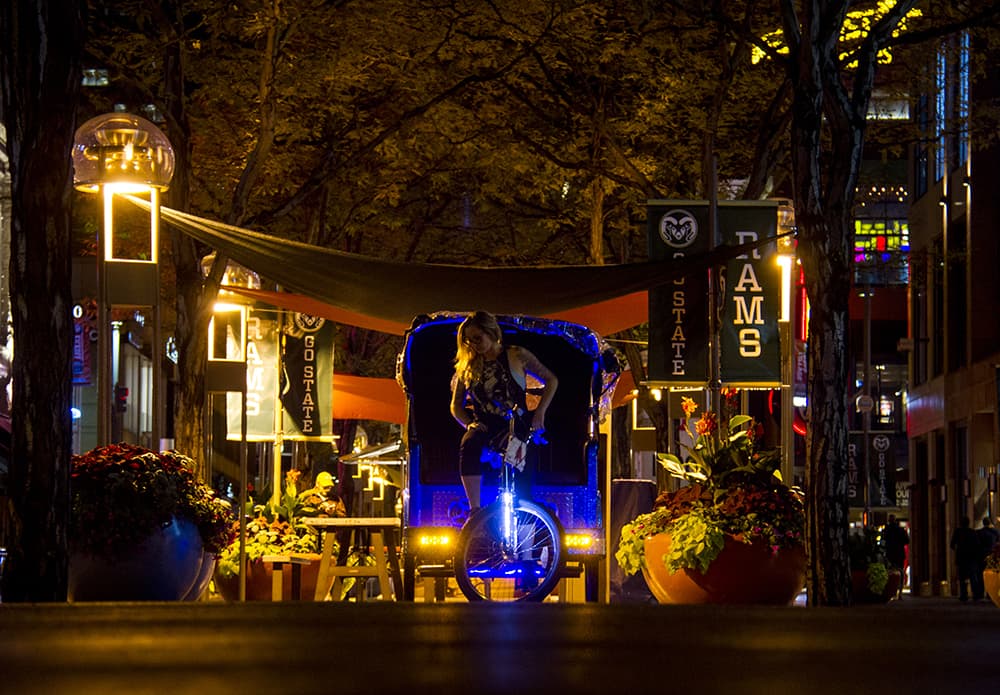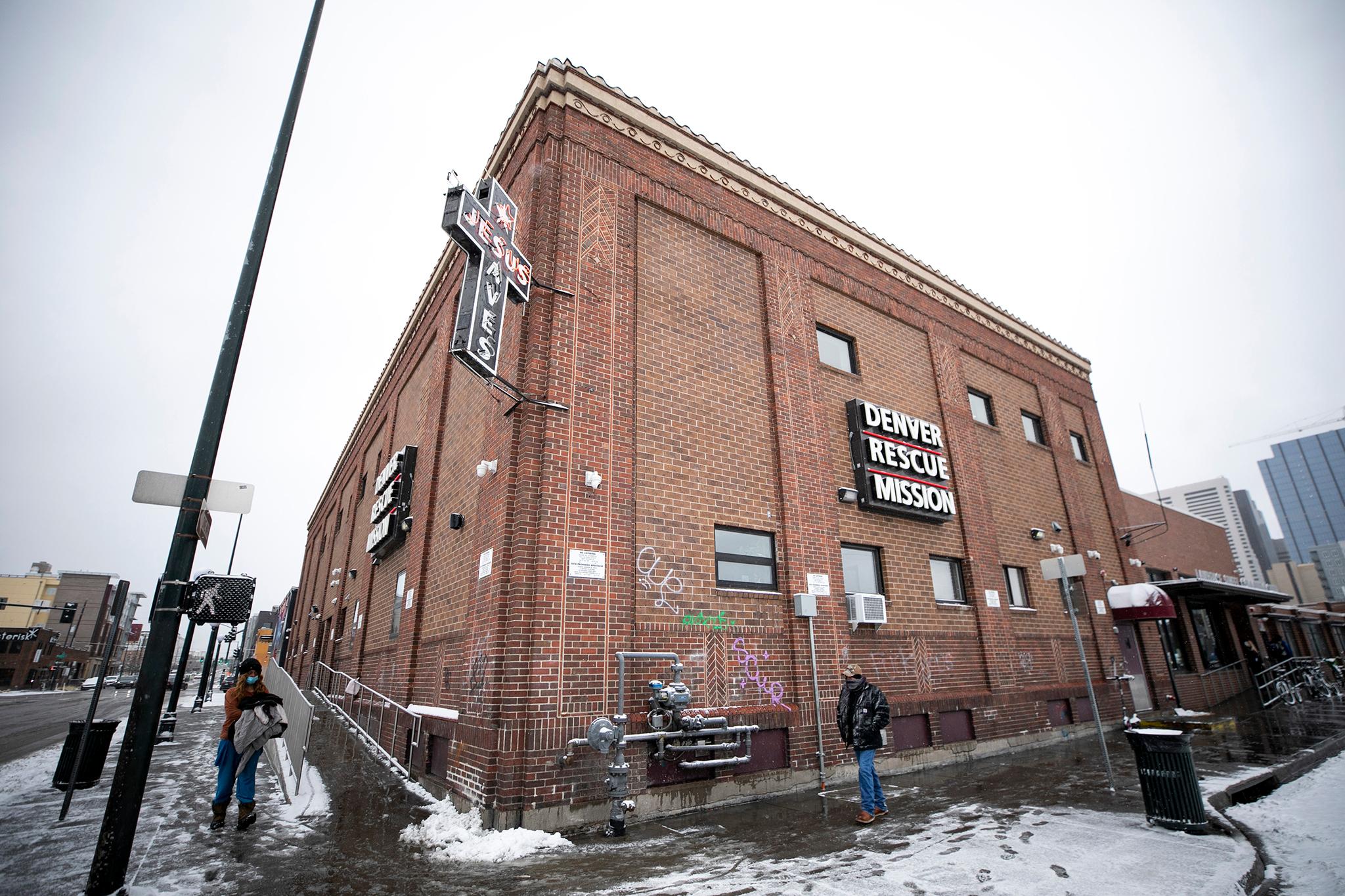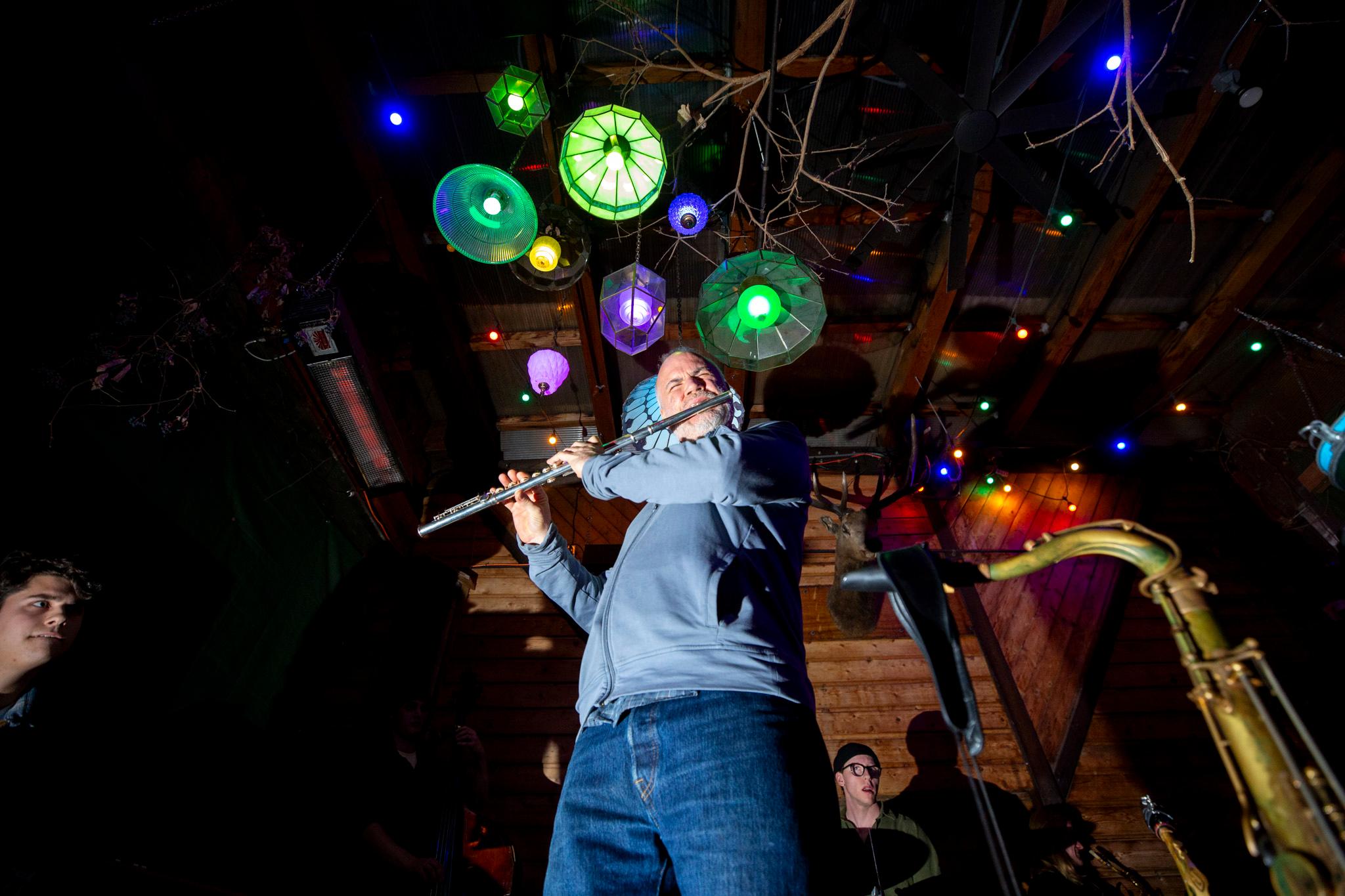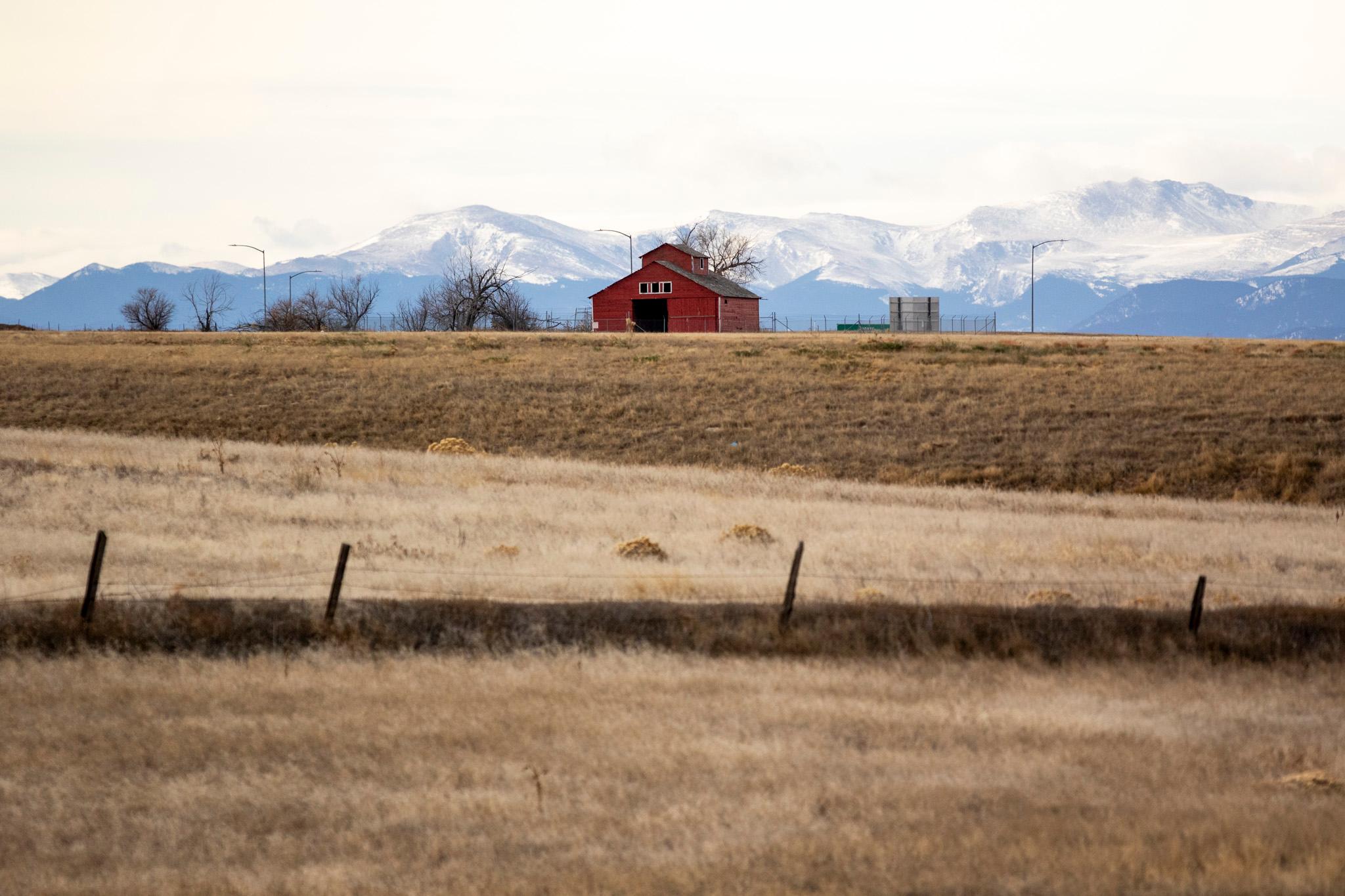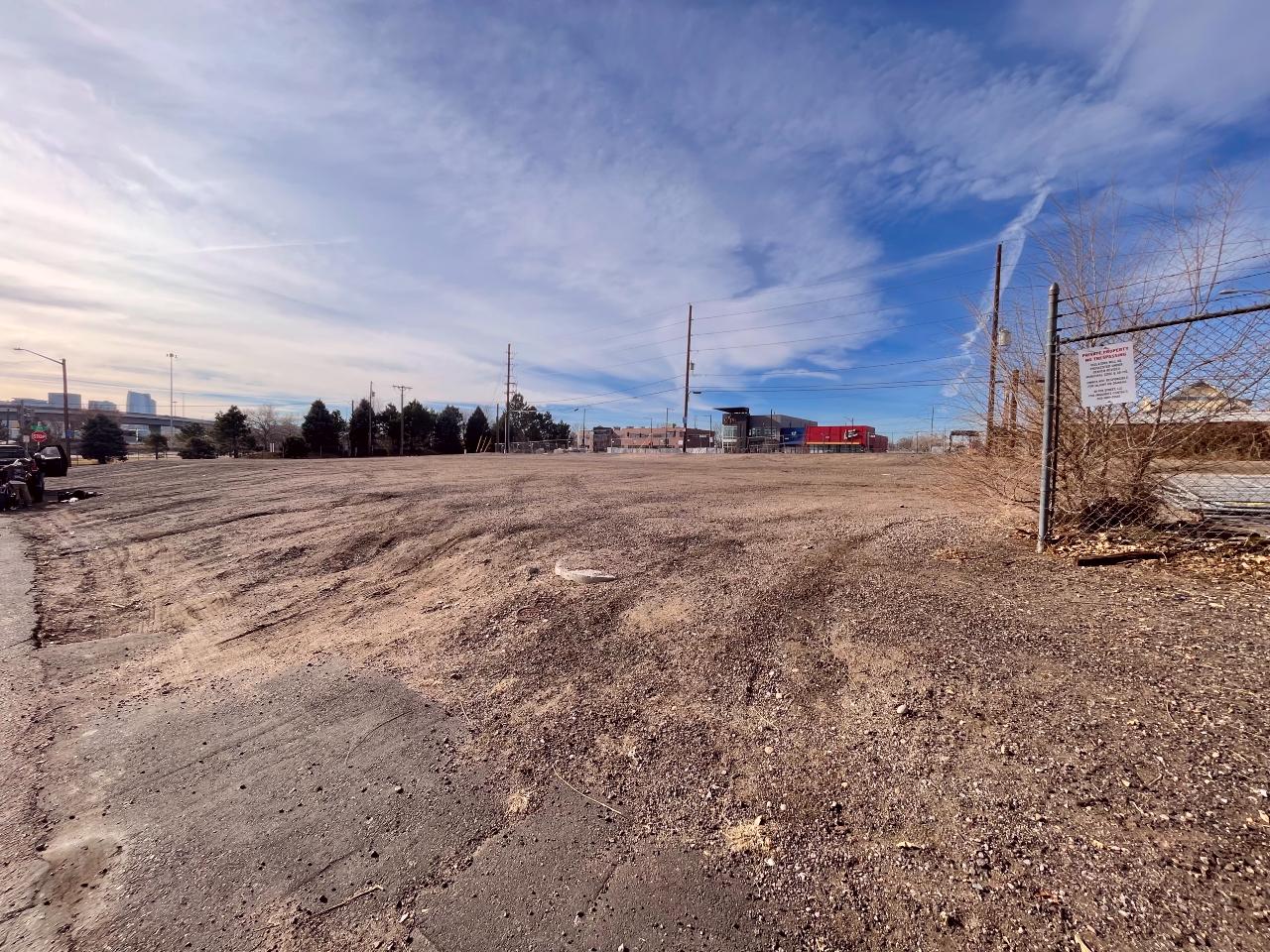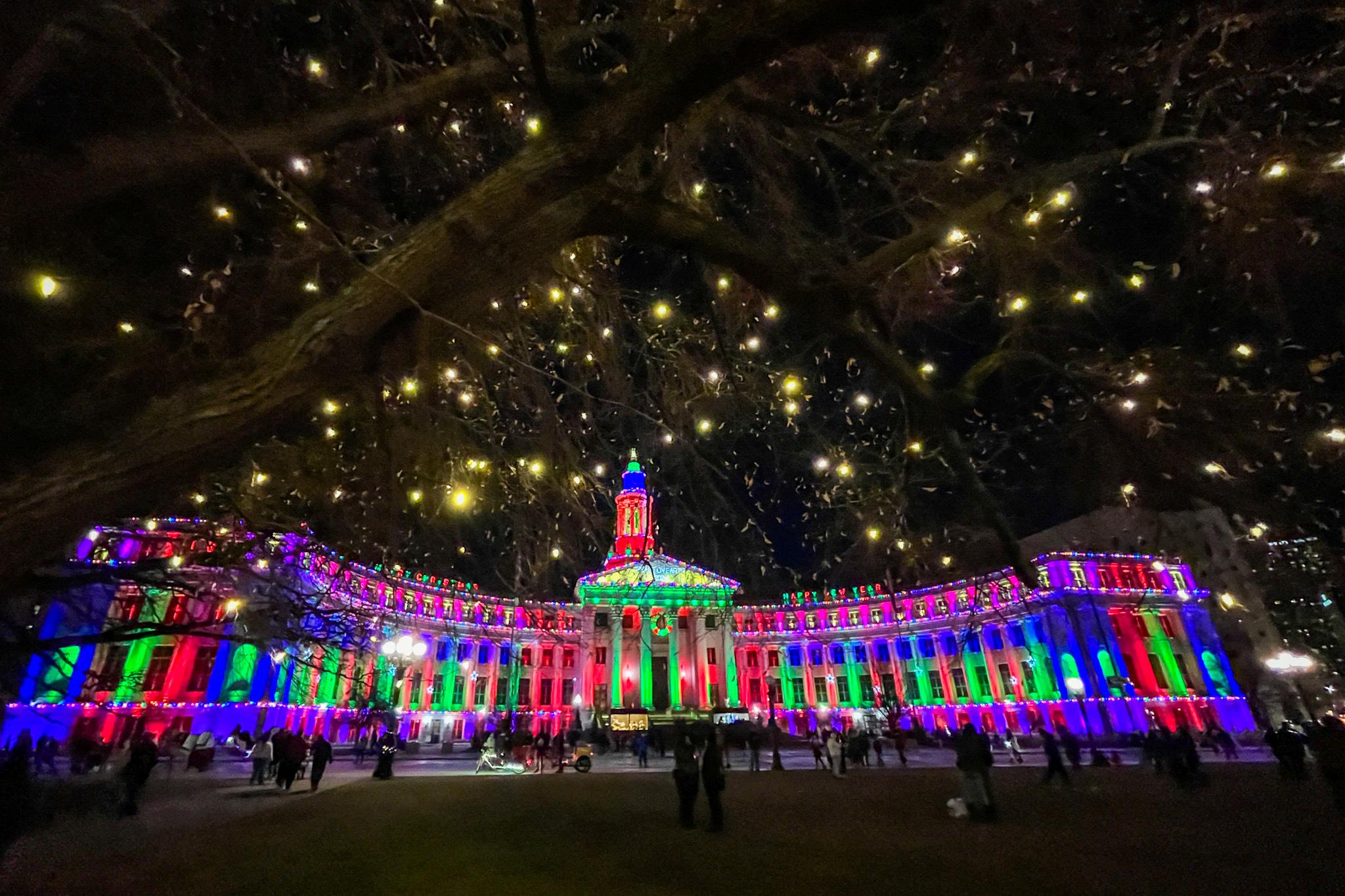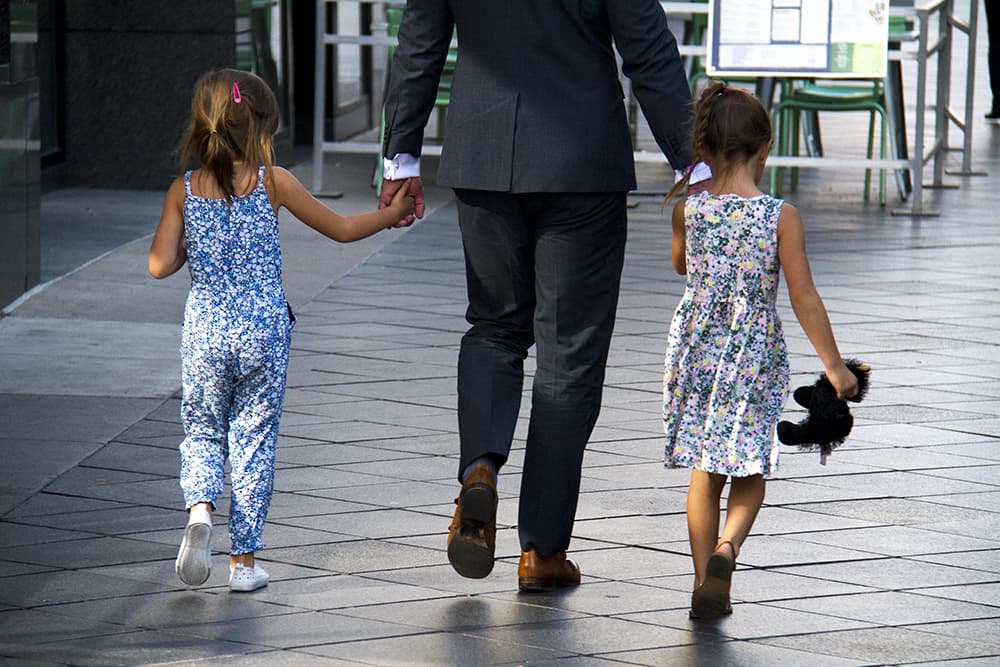
I had a very 16th Street Mall experience with my children last week. As you read that sentence, all sorts of words might come to mind, but hold them in check until I tell you what happened. I'll give you some foreshadowing, though. It brought me to very much the opposite conclusion as the Denver Post's Chuck Plunkett in "Hope and dread on the 16th Street Mall."
After crossing paths with a man with "Charles Manson eyes" and seeing police respond, guns drawn, to a man claiming to have a bomb in one of his duffel bags, Plunkett writes:
"Despite the mall’s runaway success, that urban balance you want to be a part of in a city, that impossible-to-plan-for mix of civic and weird, isn’t really working presently. Or it is too close to not working. It’s not truly convivial anymore. It’s increasingly antagonistic."
I took the kids out to eat at the Paramount Cafe on Thursday evening because my colleagues were spending the day in a public journalism project, interviewing people from all walks of life all day long on the 16th Street Mall.
On our way there, we admired how pretty the clock tower was, and we recalled the family story of Great-Great Grandma F. (or was it Great-Grandma J.?) visiting Denver as a young girl who lived on a Wyoming sheep ranch and marveling that anything could possibly be so tall. The clock tower at one time was the tallest building west of the Mississippi.
The crowds were thinning as the work day had come to a close, but there were plenty of shoppers and tourists and diners, homeless people and police, families with children, couples on dates.
At the Paramount, we sat outside on the sidewalk, and soon a man was heading our way, giving off the kind of aggressive, manic energy that makes other people nervous. He had a harmonica, and he played the theme song to Sesame Street, then "Old MacDonald Had a Farm." The kids had huge grins on their faces. "I do it for those smiles," he told me, perhaps sensing that I wasn't sure if I should give him money. "He's so good! He must have practiced so much!" the kids gushed as he moved down the Mall.
Then a man walked by with a homemade flag that said "F*CK COPS." (I'm not being delicate. It really did have a star in place of the vowel.) My son is 10 and can read perfectly well, and he followed the man closely with his eyes. I waited for him to ask me about it, and he finally leaned in, gesturing with his chin to some police officers in a group up the block. "I was worried they were going to do something to him." And we got to talk about the First Amendment.
At one point, my daughter had to go to the bathroom, and only once she was fully indisposed did I realize I'd done something very foolish. In my distraction, I'd left my purse on the seat of my chair, my chair not even tucked under the table but pulled out near the outside railing of the sidewalk seating area. It was a perfect target, and I'd have no one to blame but myself. But when we got back to the table, it was right where I'd left it.
By the time we were walking back to the car, I was exhausted because my children had questioned me nearly to death. Why did that man eat food out of the trash can? How does that woman's dress stay up without straps? The hardest thing to explain turned out to be the pedicabs.
It was on the whole a nice outing, but I found myself thinking that one reason so many adults find the 16th Street Mall such a difficult place is that it stirs up so many questions for us as well. The man was eating food out of a trash can because he was hungry, but why is a man hungry in the richest country on earth and what is our collective and my personal responsibility to do something more about it? These are the things that can keep you up at night if you dwell on them too much, so most of us, myself included, prefer to just set them aside.
Plunkett writes that he doesn't know what the answer is, but he wants to acknowledge a problem that he'd previously dismissed as an overreaction.
I don't want to downplay the safety concerns. If I had seen the police arrest someone at gunpoint during our outing, if I had seen someone attack other people with a pole, I too would have gone home unsettled.
I'm also aware that one reason my purse stayed safe likely involved the police officers at the end of the block. Their presence probably made the surrounding area less appealing to someone looking for an easy opportunity.
(While we're talking about urban problems, I would be totally fine with a crackdown on bike bars. Let us take a moment to remember that the poor and dispossessed are hardly the only group committing public rowdiness in Denver. Have you been in LoDo on a Friday night? Jesus.)
But I didn't go home thinking this is an area of the city that isn't "working." I don't think that's only because I happened to have a better experience. It's also because I deal with so many of these questions and so many of these uneasy interactions in my own neighborhood. The Mall is working or not working about as well as the rest of Denver. Part of living here, like all cities, is understanding that we're stuck with each other.
Plunkett describes another reporter referring to 16th Street as a gauntlet. I can see why it feels that way, but I run a similar gauntlet taking my kids to the library or getting a gallon of milk from 7-Eleven. I've left my neighborhood park because a woman was sitting on a bench screaming out some delusion or past trauma.
This is much more the case since the city cleared out homeless encampments near Park Avenue West and Lawrence Street and increased policing on 16th Street. People told to move along don't evaporate, and most of them don't leave Denver. They're still here, with all their uncomfortable needs, just spread out around the city.
Now the city plans to ban suspected drug dealers and users from the Cherry Creek path and downtown parks, a move the ACLU has called an "unacceptable end run around the Constitution." I expect to see the fallout from this temporary directive in my neighborhood alleys and my neighborhood park. We'll all just have to make it work.
Assistant Editor Erica Meltzer can be reached via email at [email protected] or twitter.com/meltzere.
Subscribe to Denverite’s newsletter here.

